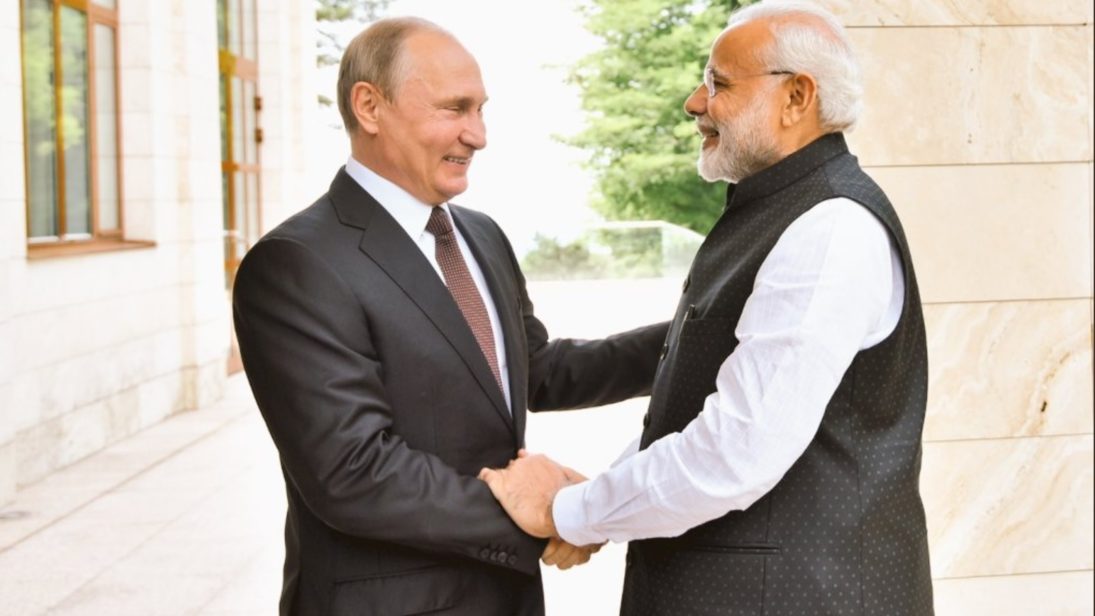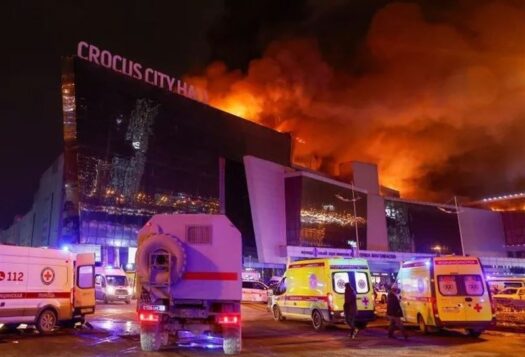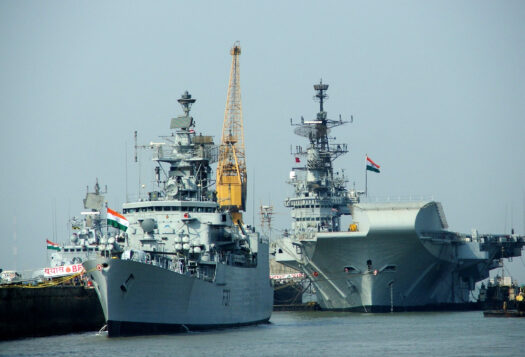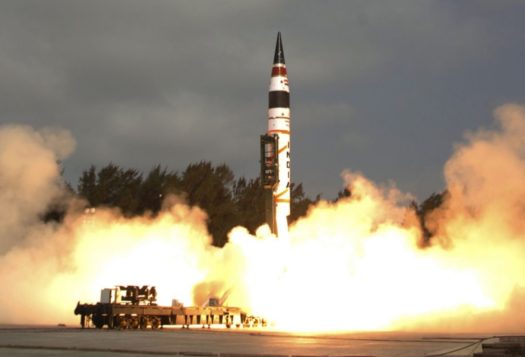
Current geopolitics do not favor India-Russia relations. The Chinese threat has been driving India closer to the United States while failure to reset relations with Washington has been pushing Moscow into a closer embrace with Beijing. The recent upward trajectory in Russia-Pakistan military relations could be another irritant in India-Russia ties. All this might not be music to Indian ears but only a sober recognition of these challenges can prevent the India-Russia relationship from going south. And this seemed to be the main reason why Prime Minister Narendra Modi flew to Sochi recently for an “informal summit” with President Vladimir Putin. Top Indian officials like Defense Minister Nirmala Sitharaman, National Security Adviser Ajit Doval, and Foreign Secretary Vijay Gokhale’s visits to Russia prior to the summit could be seen as spadework for Prime Minister Modi’s visit. Coming close on the heels of a similar summit between Modi and President Xi Jinping, such informal summits seem to be becoming India’s favored approach to utilize personal chemistry in order to soothe geopolitical tensions. While such summits might be great public diplomacy stunts and serve ad-hoc damage limitation objectives, it is not clear if they are good enough to navigate the forces of geopolitics. Can this “informal summit” help India walk the tightrope of balancing great power relationships in the emerging multipolar world order? The jury is still out.
There is much romanticism attached to the India-Russia relationship, which is constantly projected in India as the one that has stood the test of time. “Russia is India’s old-time friend. We share long-standing historical ties, and Mr. President is my personal friend and a friend of India,” said Prime Minister Modi at the summit recently. Indeed, Cold War geopolitics drove India into a closer embrace with the erstwhile Soviet Union. Particularly after the U.S.-China rapprochement in the early 1970s, New Delhi found it prudent to make common cause with Moscow. In the post Cold War era, Russia has been the largest defense supplier to India and will remain so for many decades despite India’s efforts to diversify its partners through purchases from countries like the United States and Israel. In fact, defense trade remains the only substantial issue of convergence between the two countries, despite engagement in a whole lot of forums like the BRICS, the Shanghai Cooperation Organization, and the Russia India China grouping. And even this is now facing roadblocks–India is concerned that its plans to buy the S-400 Triumf missile defense system from Russia will be hampered by the Trump administration’s Countering America’s Adversaries Through Sanctions Act (CAATSA).
There is an urgent need for New Delhi to accept the strategic drift in the relationship and recognize the limits that the geopolitics of the emerging multipolar world will place on India’s ability to practice strategic autonomy.
The burgeoning Indo-U.S. defense relationship is about technology transfer and trade but it is also about the strategic logic of deterring a rising China. On the other hand, the India-Russia defense relationship suffers from a strategic deficit, despite instances of big ticket sales like the INS Vikramaditya and co-production of weapon systems like the BrahMos cruise missile. Interestingly, during the summit, India and Russia “decided to intensify consultation and coordination with each other, including on the Indo-Pacific Region.” However, any prospect of an alignment of India’s and Russia’s interests in the Indo-Pacific does not seem feasible and faces a host of geopolitical constraints, including the difficult India-China dynamic in the region and U.S.-Russia relations hitting a record low in recent times. Additionally, seeking to establish convergence on the issue of fighting terrorism, both leaders “endorsed the importance of restoring peace and stability in Afghanistan in an atmosphere free from the threat of terrorism.” However, Russia’s preference to engage with the Taliban, a group India has never recognized, might create rough weather for any prospect of India-Russia cooperation in Afghanistan.
History is important. But there are limits of transplanting history into the present. Russia is not the Soviet Union, and overemphasizing India’s ties with the erstwhile Soviet Union will not translate into better ties with Russia. Beyond the rhetoric of the India-Russia “Special and Privileged Strategic Partnership,” there is an urgent need for New Delhi to accept the strategic drift in the relationship and recognize the limits that the geopolitics of the emerging multipolar world will place on India’s ability to practice strategic autonomy. New Delhi should be clear-headed regarding Russia’s foreign policy priorities and assess where the interests converge and prepare to manage the fallout where they don’t. New Delhi’s recourse to “informal summits” is a welcome step towards utilizing Prime Minister Modi’s flair for personal diplomacy, and recognizing that some relationships are crucial enough not to be left to the mercy of bureaucracy. However, it is increasingly becoming clear that India will have to bear the cost of choosing certain partners in the international system. How New Delhi manages its ties with the United States, China, and Russia will remain a critical foreign policy challenge in the time to come.
***


